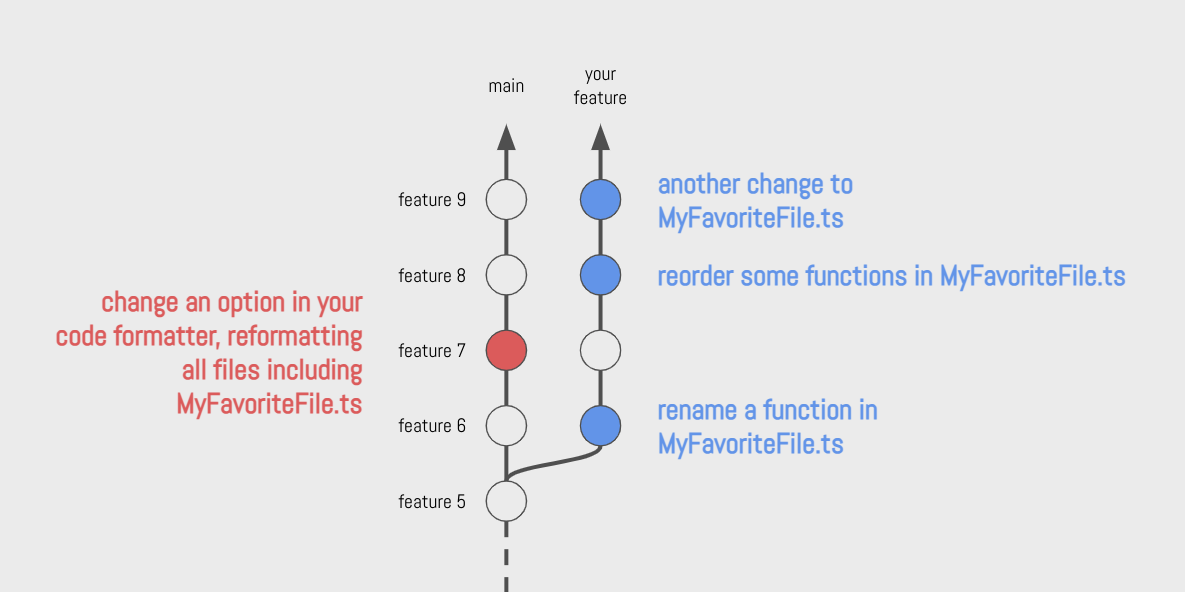 Image by Pandu
Image by PanduUnless you’re working on a project all by yourself, chances are you run into merge conflicts every now and then. Here’s a small config option in Git that can make your life easier.
 Image by Pandu
Image by PanduUnless you’re working on a project all by yourself, chances are you run into merge conflicts every now and then. Here’s a small config option in Git that can make your life easier.
 Image by Nataliya Vaitkevich
Image by Nataliya VaitkevichAt Apsis, the general burnout triggers experienced so commonly in soul-crushing corporate jobs are the guidelines for how not to treat employees.

One of our clients hasn’t paid us. They haven’t paid us for 6 months. This is the brief story of lessons learned — or almost learned.
 Image by roya ann miller
Image by roya ann millerAt Apsis, we’re not afraid of being let go — in fact, we want it. Our goal is to help clients grow and succeed, and eventually move on. We operate on simple principles: transparency, simplicity, and clear communication. When it’s time to say goodbye, we’re here to make the handoff smooth and seamless.

What follows is a short tutorial on bash autocompletion and a tiny bit of bash programming information. It assumes you have a working knowledge of programming, and at least passing familiarity with your terminal.
You’re busy
Let’s lighten your load